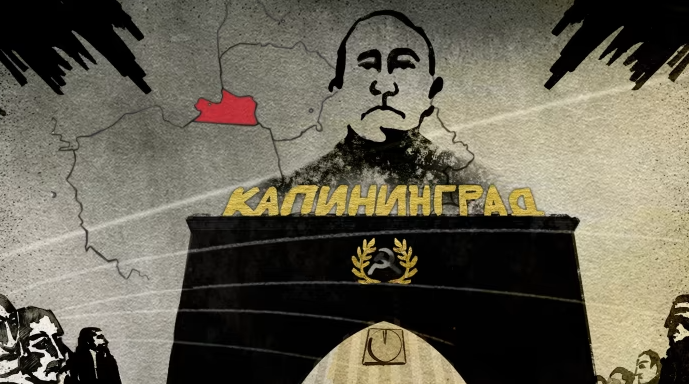A new moral compass (GS Paper 4, Ethics)

Introduction
- For someone who had never travelled out of his East Prussian home of Königsberg, (renamed Kaliningrad after it was ceded to the erstwhile Soviet Union in 1945), the legacy of Immanuel Kant (1724-1804) still inspires many on the occasion of his 300th birth anniversary this year.
Kant: A Legacy for a Globalized World
- Immanuel Kant, a philosopher long gone, is experiencing renewed relevance in today's globalized world.
- Both Russia and Germany claim his intellectual heritage.
- His ideas, particularly from "Critique of Pure Reason" (1781) and "Perpetual Peace," are being re-evaluated as the international order faces challenges.
- Kant opposed imperialism, colonialism, and slavery.
- He envisioned a world with open trade, free movement of people (including refugees), and a concept of "world citizenship."
- Kant believed in reason, rationality, and morality as guides for international relations.
Kant's Enduring Relevance and the Decolonization Struggle
- Kant's emphasis on reason and ethical principles remains important.
- Colonialism may seem like history, but 17 territories still await self-determination.
- The UN Charter recognizes the right to self-government for these territories.
- Many territories achieved self-governance, independence, or new affiliations.
- Former colonial powers, often proponents of democracy, resist granting full freedom to the remaining 17 territories.
Kant's "Perpetual Peace" in Our World: Unforeseen Challenges
- Multilateral Institutions: The UN's structure with permanent members holding veto power might surprise Kant.
- New Actors: Global terrorist organizations, corporations, NGOs, and powerful individuals like Musk and Zuckerberg operate across borders in ways Kant wouldn't have imagined.
- Existential Threats: Weapons of mass destruction and the rise of AI weaponry present a new level of threat to peace.
- Information Warfare: The spread of misinformation and hate speech online would be a new challenge for Kant's vision of objective reason and morality.
- Persistent Prejudices: Racism, religious bigotry, and other forms of superiority thinking would still be present, hindering peace.
Why Kant's Ideas Matter in Today's World
- Blurred Reality: The distinction between reality and fiction is fading due to competing narratives and geopolitical manipulation. Today, reality is a creation of geopolitics and geo-economics.
- Double Standards: Judgments about democracy are inconsistent, as seen in the contrasting responses to protests in the US (crackdown on students’ protest in perfect democracy) and India (Democracy is backsliding).
- Shifting Identity: Digitalization and globalization challenge traditional notions of national identity and authority.
- Reason vs. Rationale: Reason can be corrupted by biases like nationalism and religion, leading to self-serving justifications (rationale) instead of moral action.
- Ethics vs. Rationale: Ethics are fundamental, universal moral principles, while rationale prioritizes self-interest over morality.
- Dysfunctional Global Order: The UN, intended to be an ethical framework, is hampered by self-serving power politics.
India's Rediscovered Strategic Culture
- India is drawing on its historical strategic thinking for contemporary relevance.
- Indian epics and texts like Arthashastra and Tirukkural emphasize ethics in statecraft and warfare, predating Kant.
- India's cultural heritage promotes a global perspective focused on human well-being.
- India's G20 presidency emphasized global unity ("One Earth, One Family, One Future") echoing the ancient ideal of Vasudhaiva Kutumbakam (world as one family).
Conclusion
- Now is an important juncture in international affairs to amalgamate Kant’s ideas with the teachings of our ancients, to provide a new moral compass for a better world.


